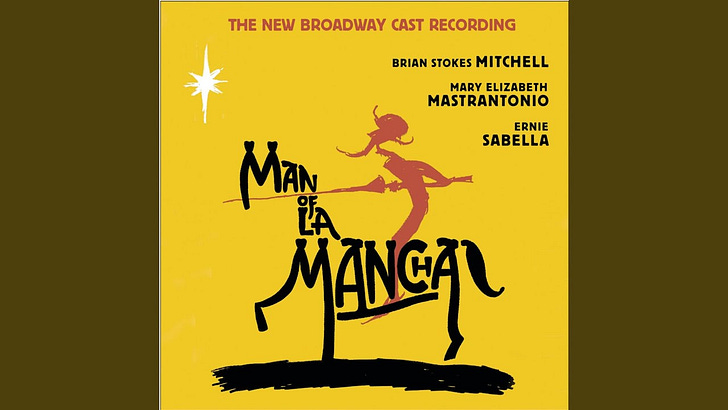Amor Fati: A Double-Edged Sword
The difficulty of discriminating between endogenous and exogenous events.
As I near the end of my academic term, I’ve been reflecting on the profound sense of peace I’ve enjoyed throughout. The tranquility I’ve experienced is not the fleeting reward of distraction, complacency, or laziness; I’ve been exercising, studying, working part-time, traveling, and spending quality time with my friends. My classes, while incredibly interesting and rewarding, have been far from easy; my extracurriculars, while not overly burdensome, have been time-consuming; and, while I’m grateful to enjoy the support of many thoughtful, caring friends (mostly old but several new), significant relationships have been lost entirely. Nevertheless, phenomena I used to anxiously experience I have come to accept entirely. In accepting reality for what it is, be it good, bad, or somewhere in between, I have felt consistently even-keeled.
But there’s a catch!
Before I get accused of being a Stoic, allow me to draw attention to a problem with amor fati, i.e., the love of one’s fate. I, like all individuals, possess free will. Therefore, I can determine my own fate to some degree. Feeling underprepared for a test? I don’t throw my hands up in the air and accept my ignorance; I choose to put in the time, energy, and effort to study for the exam. Wouldn’t life be rather pointless if one simply accepteed whatever situation he found himself in and let Fortune have her way with him? I think so. In the words of Sarah Connor from Terminator: “There's no fate but what we make for ourselves."
While this line is badass, it is flatly false. One can conceive of a genuinely exogenous event over which one can exert precisely zero control. For example, if I were to hear that a meteor the size of the Moon were hurtling to Earth at such speeds as to end all life, I would rightly accept this fact and go about my final days focusing on those things within my locus of control, i.e., endogenous variables.
Clearly most aspects of our life are neither wholly endogenous nor exogenous; we can exert our will to change certain parts of one thing while other features of that same thing are utterly immutable by us. More troubling, it can be rather hard to know if something is endogenous, exogenous, or what parts of that thing are one or the other. I believe this is particularly the case with other people.
Unlike objects, people’s attitudes, emotions, and opinions can change profoundly. They can even change as a consequence (at least, in part) of actions we take in relation to them. If I piss my brother off—an example of actively changing the valence of a human relationship for the worse—I don’t sit back, accept that my brother has negative feelings toward me, and say, “Oh, well. Such is life. I guess my brother and I will no longer be friends.” Instead, if the offense is due to a miscommunication, I endeavor to explain what I actually meant; if the offense is genuine, I apologize, do my best to make it up to him, and otherwise demonstrate my affection and intention not to make the same mistake again.1 Sometimes the slight/issue/incompatability really is irremediable and one shouldn’t throw good money after bad, so to speak.
And yet, if the person is significant enough to you, and you to them, is there not a great deal of virtue in attempting to salvage the friendship, the kinship, the love lost? If the problem that compromised the relationship lies within you, and you fix it such that you are the version of yourself with whom the other person fell in love,2 would it not be a mistake to abandon that person? To allow that person who was once a matter of fact to become a mere abstraction, memory, or forgotten entirely seems to be one of the most tragic events imaginable.
If you truly cannot change your tragic fate, acceptance is strictly preferable to evasion. But if you can change your fate, even some small aspect of it, isn’t it incumbent upon you to try? Perhaps I’m quixotic, but I believe in dreaming, if not the impossible dream, the improbable one.
Let the record state that my brother and I are literally each other’s best friends.
I use “love” here to refer to platonic, romantic, familial, and all other species of that sentiment.



